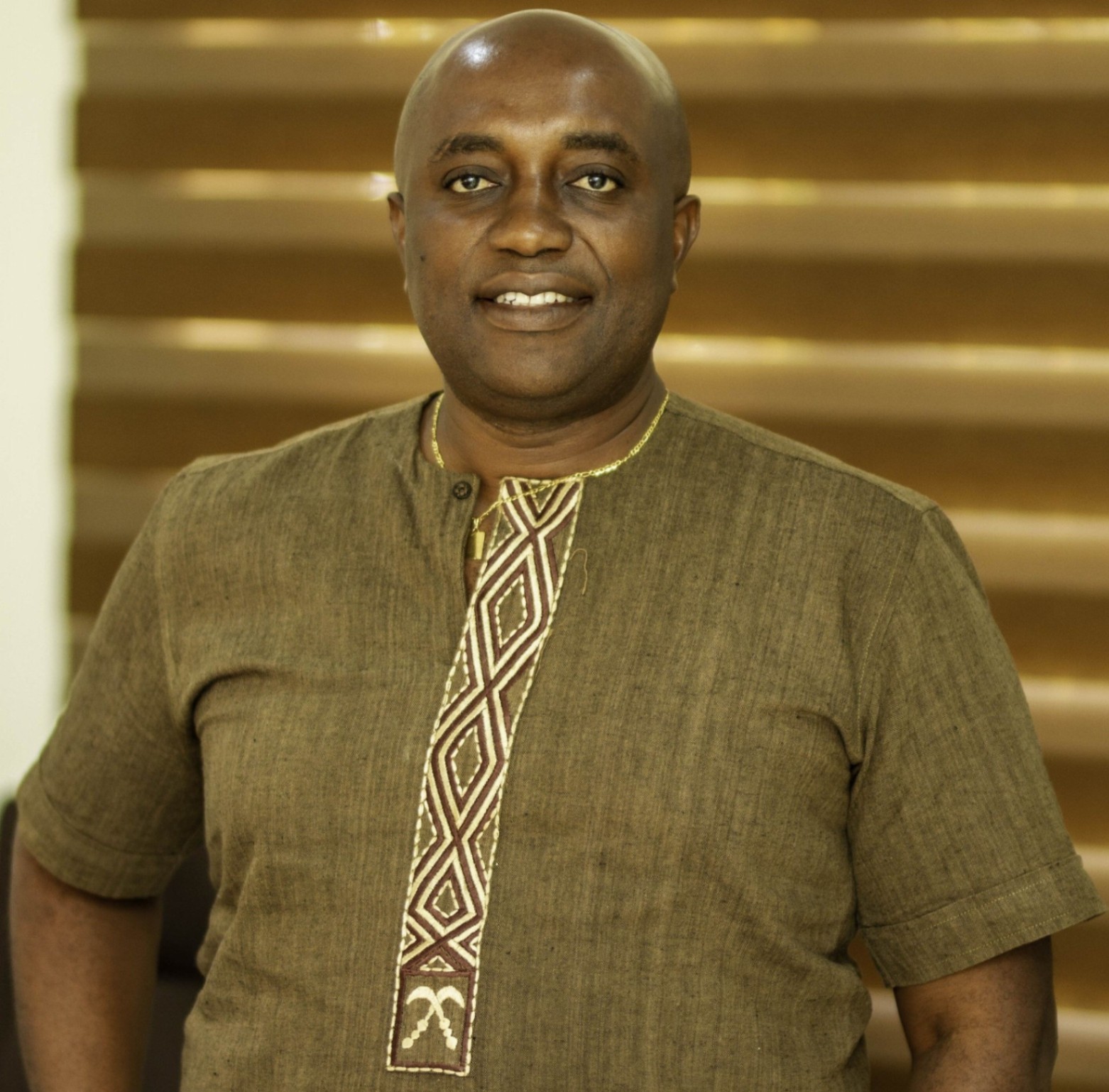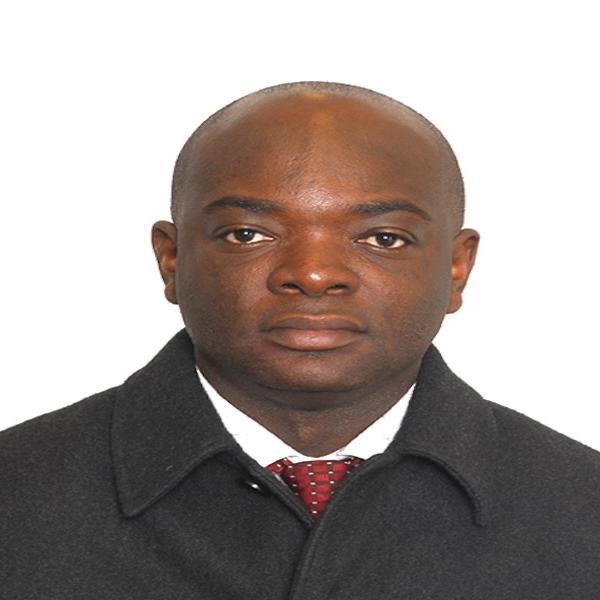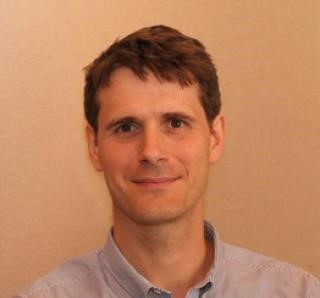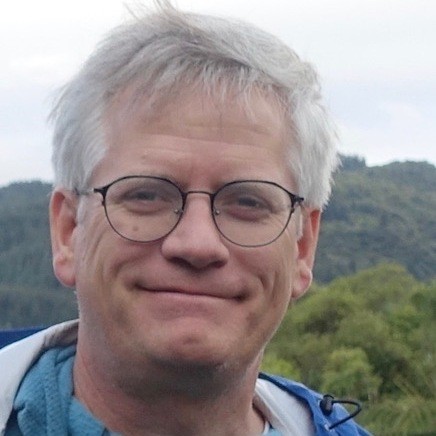Meet Our Mentors

Professor Kwaku Poku Asante (MD, BSc, MPH, PhD, and Fellow of the West African College of Physicians)
Professor Kwaku Poku Asante (MD, BSc, MPH, PhD, and Fellow of the West African College of Physicians) is an epidemiologist and the Director at KHRC. Dr. Asante has held a part-time teaching position at UGSPH for over 10 years and is an adjunct associate professor at Columbia University. He possesses extensive experience in teaching and mentorship. Dr. Asante’s research centers on environmental sciences and malaria. He has successfully directed several research programs in Ghana and other African countries, including Burkina Faso, Kenya, Uganda, Malawi, and Guinea, with funding from various agencies such as the NIH, Thrasher Research Fund, PATH Malaria Vaccine Initiative, Wellcome Trust, and the Bill and Melinda Gates Foundation, among others. Dr. Asante serves as the principal investigator for the Ghana Randomized Air Pollution and Health Study (GRAPHS), one of the core NCD longitudinal cohorts utilized in this training program. He has led several nested studies within GRAPHS, including a substudy examining the role of circulating microRNAs in mediating the impact of in-utero HAP on lung development (MPI with Dr. Lee and Jack, R21TW01957 study). In addition to GRAPHS, Dr. Asante is the principal investigator for the KHDSS and PRISMA studies, which will provide two additional key datasets for the proposed training program. He has significant training and mentorship experience, having supervised 9 PhD students and mentored 15 MSc/PhD trainees from Ghana, Nigeria, the UK, and the US. (https://khrc-staff-profile.netlify.app/administration-staff/dr-kwaku-poku-asante)

Professor Alexander Manu (MD, MSc, PhD)
Professor Alexander Manu (MD, MSc, PhD) is a statistical epidemiologist and a medical doctor by background. Dr. Manu holds an MSc in Medical Statistics, a diploma in Paediatrics, a PhD in Epidemiology, and is a passionate advocate for the most vulnerable and disadvantaged. Dr Manu is a Senior Lecturer (Clinician) at the UGSPH in the Department of Epidemiology and Disease Control, an Associate Professor at the London School of Hygiene & Tropical Medicine (UK), and a Visiting Professor at the College of Health and Wellbeing (Ghana). Dr. Manu’s >20 years experience in Clinical Care, Academia and International Public Health have focused on leading and supporting countries and institutions especially in Africa and Asia to develop capacity and build resilience to ensure sustainable and equitable coverage of public health interventions particularly in maternal, newborn and child health with specific focus on life course epidemiology, quality improvement (QI) and early childhood development (ECD). Dr. Manu previously held positions with the UN such as a Medical Officer at the World Health Organization headquarters (Geneva, Switzerland) and high-level consultancies with UNICEF headquarters (New York) and UNFPA country offices and the Liverpool School of Tropical Medicine. In these roles, Dr. Manu has developed and convened academic teaching modules for Masters and PhD students, as well as for ministries of health in several countries in Africa and Asia. Dr. Manu’s broad research experience includes leading several grants and consultancies including the Newhints Intervention Trial, the WHO AMANHI Cohort Harmonisation and the follow-on ECD trials as well as programme evaluation grants with UNICEF Ghana, Namibia, Sierra Leone, Bangladesh, India to develop local research and evaluation capacity. In AMANHI, Dr Manu led a team that, among other activities, employed high throughput technologies to investigate molecular, genetic and epigenetic underpinnings of adverse pregnancy and birth outcomes including stillbirths, IUGR and NCD complications of pregnancy such as pre-eclampsia and gestational diabetes. Dr Manu is an experienced mentor and has directly supervised more than 20 Masters and PhD students, some of whom have obtained distinctions in their projects. (https://pure.ug.edu.gh/en/persons/alexander-ansah-manu-2)

Dr. Alison Lee (MD MS)
Dr. Alison Lee (MD MS) is Associate Professor of Medicine with Tenure and System-Wide Associate Division Chief in the Division of Pulmonary, Critical Care and Sleep Medicine at the ISMMS. Dr. Lee holds joint appointments in the Departments of Pediatrics and Global Health at ISMMS. Dr. Lee is board certified in Internal Medicine, Pulmonary Medicine and Critical Care Medicine. Dr. Lee is MPI of the GRAPHS cohort (R01ES026991 and R01ES034433) with transdisciplinary training and expertise in environmental health as well as air pollution measurement and mechanisms as applied to environmental health studies. Dr. Lee’s research considers how environmental exposures during critical windows of exposure program chronic disease risk over the life course. Dr. Lee is actively engaged in the Divisional educational and research curriculum and leads Grand Rounds and Journal Club seminars and serves on the Fellowship Research Advisory Committee which oversees the research training of 15 pulmonary, critical care and sleep fellows each year. Dr. Lee has a strong track record of mentoring predoctoral and postdoctoral students and has been/is the mentor for nine US-based clinicians in training, two PhD candidates, two postdoctoral fellows and four Ghanaian clinician-scientists. Dr. Lee’s mentees have successfully competed for NIH and Foundation grant funding and published high-impact manuscripts. Dr. Lee has mentored four Ghanaian clinician-scientists on research projects and those mentees have gone on to: complete a PhD program (at The University of Newcastle in Australia), enroll in a fellowship in Biostatistics (European Organization for Research and Treatment of Cancer in Belgium) and enroll in PhD training (one at the Swiss Tropical and Public Health Institute at the University of Basel and one is at University of Maastricht, Netherlands). Dr. Lee is an advisor on two KHRC scientist’s PhD committees. (https://profiles.mountsinai.org/alison-g-lee)

Professor Darby Jack (PhD)
Professor Darby Jack (PhD) is an Associate Professor of Environmental Health Sciences at Columbia University with a PhD in health economics. Dr. Jack is an environmental epidemiologist and policy expert with deep expertise in air pollution cohort studies and a 15-year track record in Ghana. He holds a PhD in public policy from Harvard University and completed postdoctoral training in economics and public health at CU’s Earth Institute. He helped co-develop the GRAPHS cohort, one of the center pieces of this D43 application. Dr. Jack has collaborated with Drs. Asante and Lee on a series of studies evaluating respiratory outcomes in the GRAPHS cohort using both respiratory and cardiovascular phenotyping and biomarkers. He has also extensively engaged with the Government of Ghana regarding policy frameworks for clean household energy. This has led to NIH-funded research, program evaluations, and policy design work, culminating in major ongoing funding from Columbia World Projects to work with the Ghana Ministries of Health and Energy on policy design for clean household energy. He is a founding member of the NIH’s Clean Cooking Implementation Science Network and has worked on air quality and health research in India, Ecuador and the US. At CU, he leads certificate programs in Environmental Health Policy and Global Environmental Health and teaches in CU’s Mailman School of Public Health MPH Core. Dr. Jack is actively engaged in mentoring PhD and junior investigators in Ghana. As of May 2022, Dr. Jack is MPI of an NIH Fogarty Center training grant – the GEOHealth Hub for Eastern Africa – that offers training to masters, PhD, and junior faculty trainees at three universities in Eastern Africa with a focus on air pollution exposure assessment and epidemiology. Dr Jack has mentored 12 MSc thesis and 16 doctoral and postdoctoral students. In addition to general oversight of the MPI, Dr. Jack will be specifically responsible for supporting and overseeing the data curation of the air pollution exposure assessment data (person, community, and central site) and climate data. (https://www.publichealth.columbia.edu/profile/darby-jack-phd)

Professor Kwesi Torpey
Professor Kwesi Torpey is a Professor of Family Health and the Dean of the University of Ghana's School of Public Health. He has over 26 years of experience as a physician, scientist, researcher, program director, and trainer. He received his MBChB from the University of Ghana Medical School and his Master of Public Health in International Health from the Netherlands School of Public Health. He earned his PhD at the Institute of Tropical Medicine and the University of Antwerp in Belgium. He is a fellow of the Ghana College of Physicians and the West Africa College of Physicians. He serves as Honorary Associate Professor at the London School of Hygiene and Tropical Medicine and is an Associate Fellow at the Amsterdam Institute of Global Health and Development in the Academic Medical Centre at the University of Amsterdam in the Netherlands.
He is also the Scientific Chair of the International Conference on HIV Treatment, Pathogenesis, and Prevention Research in Resource-Limited Settings (INTEREST), making him the first African to hold this position. Professor Torpey's work has largely focused on infectious diseases, particularly HIV, TB, hepatitis, and more recently, COVID-19. Non-communicable diseases, reproductive health, and health systems are also key areas of his research. (https://publichealth.ug.edu.gh/department/population-family-reproductive-health/faculty/prof-kwasi-torpey)

Elena Colicino, PhD,
Elena Colicino, PhD, is an Environmental Medicine and Climate Science Department Associate Professor at the Icahn School of Medicine at Mount Sinai. Dr. Colicino works on methods development for environmental health data to assess the effects of individual and joint environmental exposures on human health throughout the life course. She also adapts novel machine learning and Bayesian algorithms to high-dimensional molecular markers to reconstruct prior environmental exposures, predict future health conditions, and characterize vulnerable populations. She strongly supports reproducible and rigorous science, creating novel R-packages and making her codes publicly available on GitHub repositories. (https://profiles.mountsinai.org/elena-colicino)

Dr. Steven Chillrud, Ph.D.,
Dr. Steven Chillrud, Ph.D., is a Lamont Research Professor at Lamont-Doherty Earth Observatory of Columbia University. He describes himself as an environmental geochemist interested in public health research. Much of his research is focused on the role of particles in the transport, behavior, and fate of chemical contaminants. His expertise in exposure assessment includes developing and testing air samplers and analytical methods for quantifying airborne contaminants.
Dr. Chillrud’s formal training was in geochemistry and focused on analytical chemistry and understanding the transport and fate of particle-associated contaminants in the Hudson River Watershed using dated sediment cores. During his post-doc at Columbia University, he began reconstructing the history of atmospheric deposition of a wide array of particle-bound contaminants into NYC throughout the late 19th and 20th centuries. (https://lamont.columbia.edu/directory/steven-n-chillrud)

Dr. Robbie Parks
Dr. Robbie Parks is an environmental epidemiologist and physicist with extensive experience in large-scale, multidisciplinary quantitative research focused on climate-related exposures, public health, and equity. I am a tenure-track Assistant Professor of Environmental Health Sciences at Columbia University's Mailman School of Public Health and an NIH NIEHS K99/R00 Fellow. Additionally, I serve as the Lead Instructor for the Columbia University SHARP Course on Bayesian Modeling for Environmental Health. From 2019 to 2022, I was a Postdoctoral Fellow at the Columbia University Earth Institute/Climate School under Prof. Marianthi-Anna Kioumourtzoglou. I completed my PhD in Public Health at Imperial College London, working with Profs. Majid Ezzati and Ralf Toumi, graduating in 2019. Before that, I earned a BA/MA (Oxon) in Physics from Keble College, University of Oxford. I am also proud to be a first-generation academic and an Agents of Change in Environmental Justice Senior Fellow. (https://www.publichealth.columbia.edu/profile/robbie-m-parks-phd)